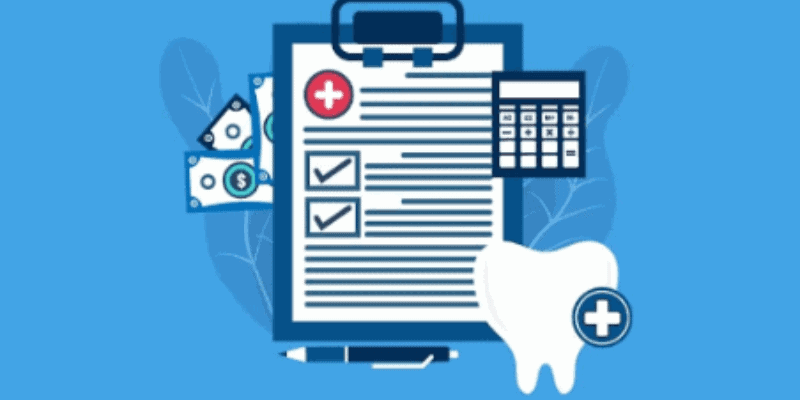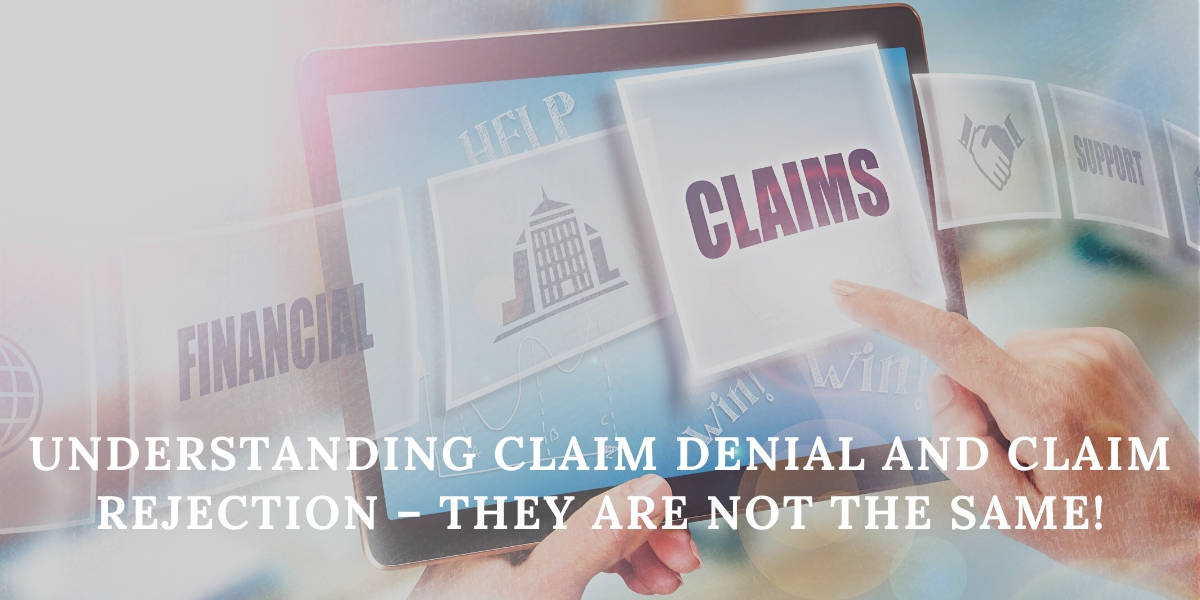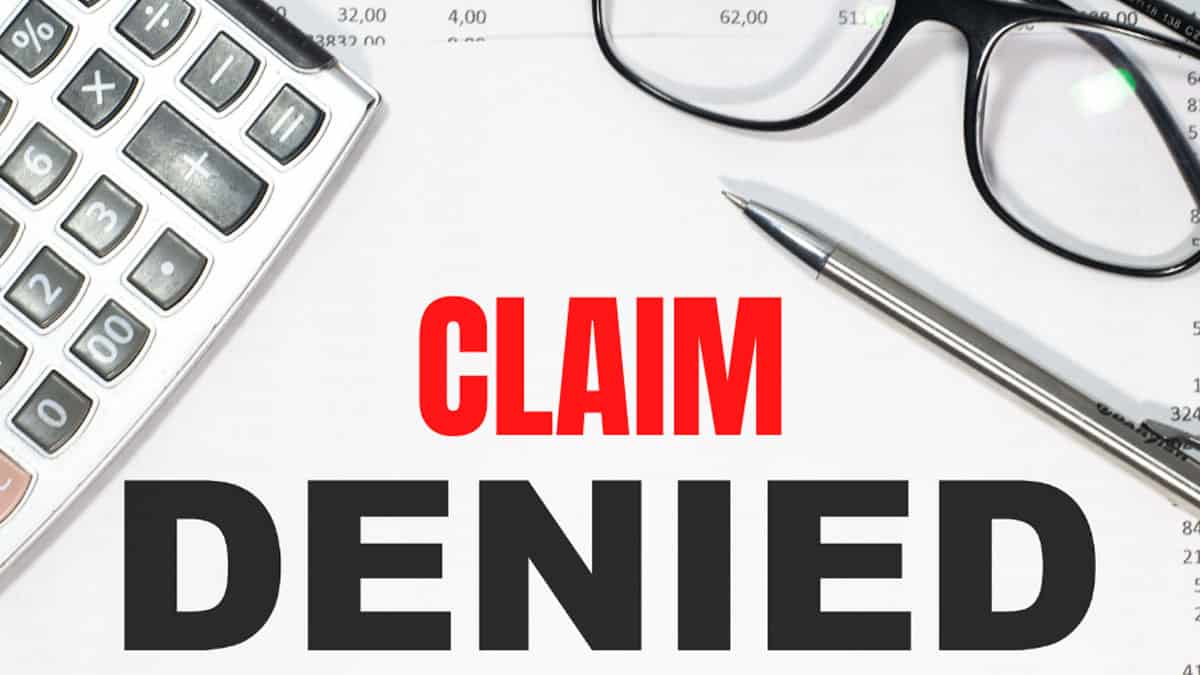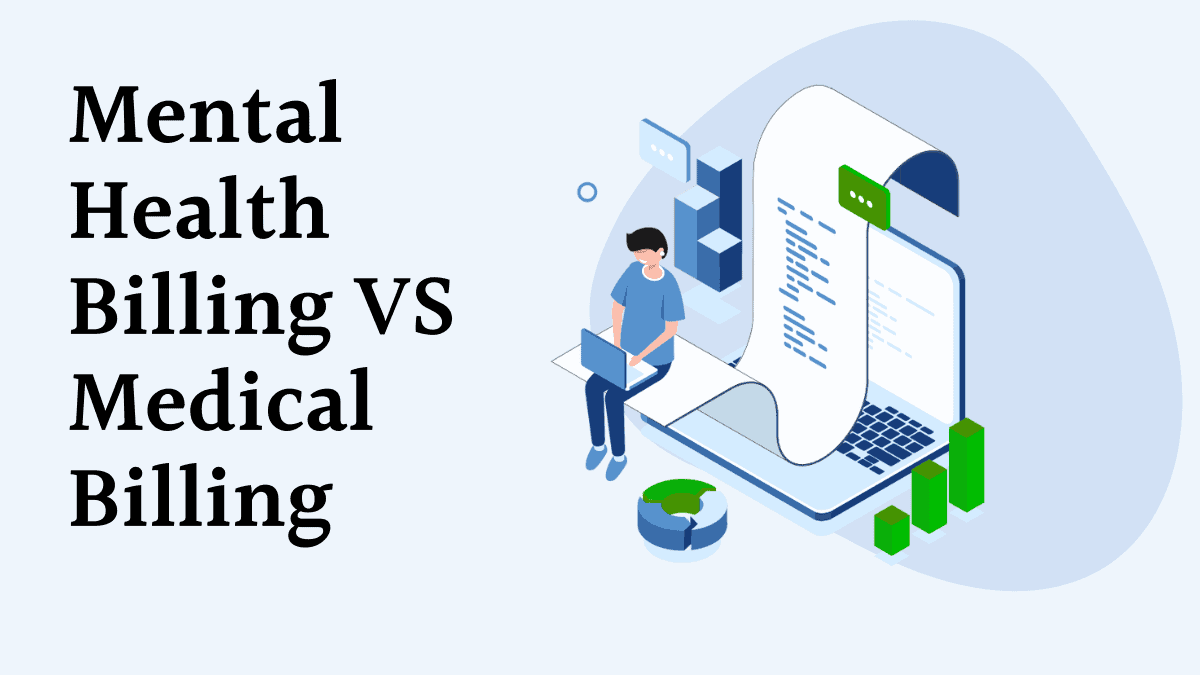
Billing to Medical Insurance: In-Network Vs. Out of network
Many health care providers are not recognizing that they can increase profits and save patients’ costs by paying medical insurance bills.
One of the most common questions many medical/dental billing specialists in a medical practice hear is: “Do we need to be in-network for medical insurance billing?” When dealing with this question, there are many things to consider, but the answer largely depends on the following question: What type of medical insurance policies do you want to pay for?
Types of Insurance
There are many types of insurance. Health maintenance organizations (HMOs), exclusive provider organizations (EPOs), and preferred provider organizations (PPOs) are the most common.
HMOs and EPOs are similar in that these plans require you to be in network (IN) to be billed, as they do not allow the patient to see any provider out of their network (OON).
Sometimes they allow the patient to see an OON provider if they are in an emergency. An example is a patient with severe pain from an abscessed (infected) tooth or some trauma. The HMO/EPO may initially deny service to an out-of-network provider; however, they may pay if you appeal the claim.
If they agree to pay, these schemes will do your work to get paid. OON methods can avoid billing for these types of preventative plans.
Most residents have PPO-type medical plans. PPO plans offer in-network and out-of-network benefits to their insured patients. There is a difference in how benefits are paid to an OON provider versus an IN provider. For example, if 80% is delivered to an IN provider for a procedure, it is usually paid 60% or less to an OON provider.
Discounts are another significant factor. It is essential to know that not all actions apply to the opponent. An example of this is ratings.
Tell your patients that their drug payments will begin after the deductible is met. You’d be surprised how many processes don’t apply to deductions. One of the significant variables will be plan quality. There are good and not-so-good dental policies, but the same goes for medicine. You do get what you pay for.
This benefit reduction is not reflected in most practices as allowances (the amount allowed for a procedure/service) are much higher than for dentistry (which is included in the contract fee schedule). Most procedures cost double what dental policies pay for.
Credentialing with medical insurance
Getting approved for access to IN medical insurance is similar to getting approved with dental plans. It is vital to ensure that the medical carrier understands that you intend to engage in IN medical services, not dentistry and that you provide many services that do not include dental treatment and are more medical. However, you may find that many medical plans only allow oral surgeons to go IN.
Numerous dental practices are ignorant that in some states if you are IN with dental, you’re automatically IN with medical. In this case, you could easily bill medical and be refunded more than double for your services. It helps provide dental benefits to patients for dental procedures. You can bill both medicine and dentistry; They are separate policies that your patients pay for and have benefits.
Medical bills are here to stay. There are many services you offer that may be billed for medical services, such as evaluations, surgery, sleep, or TMJ treatment. Whether in IN or OON, being strategic in your approach will grow your practice group and lower your patients’ out-of-pocket costs.
Who provides the best medical insurance credentialing Services?
Since 2008, we, Denmaar provide mental health care and practices with valuable services and tools that enable increased revenue, reduced management time, and an improved patient engagement experience. Using an in-house IT system explicitly designed for the mental healthcare specialty, unparalleled efficiency allows us to deliver our services at lower than typical medical care rates.
Related Posts
Understanding Claim Denial and Claim Rejection – They are Not the Same!
At first glance, both claim denial and claim rejection can seem the same exact...
How to Handle Claim Denials and Maximize your Reimbursements
It is hard to imagine what the healthcare scene would be like without medical...
Mental Health Billing vs Medical Billing
Mental health bills differ from medical bills because of changes in mental...
Billing to Medical Insurance: In-Network Vs. Out of network
Many health care providers are not recognizing that they can increase profits...



